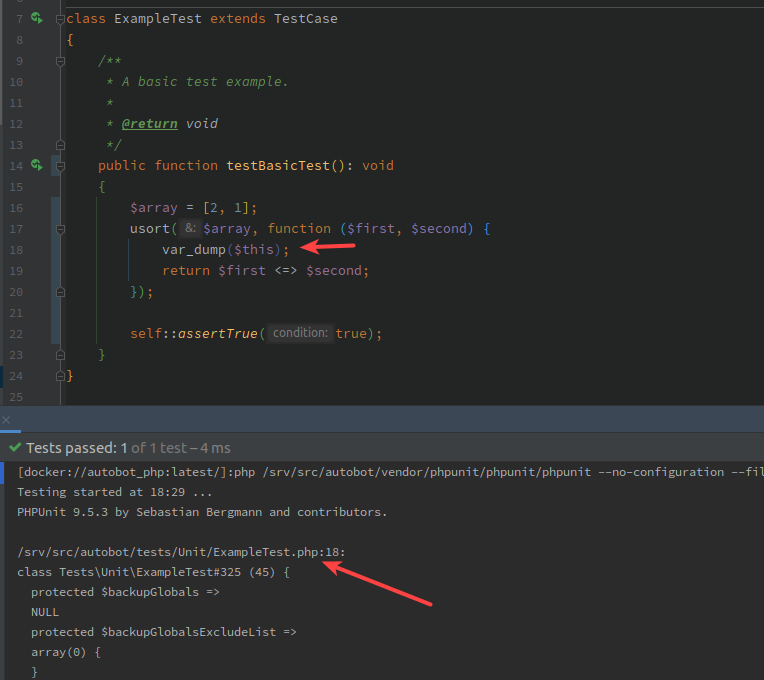Just the other day, a question came from one of the subscribers regarding one of the posts of my telegram channel . He was confused by this piece of code.
<?php
usort($firstArray, static function($first, $second) {
return $first <=> $second;
});
The question sounded like this:
Why make usort callbacks static?
And I thought this is a really good question to pay attention to.
What is the problem?
Let's start with the definition from the documentation to sync:
Anonymous functions, also known as closures , allow you to create functions that do not have a specific name. They are most useful as callable parameter values , but they can have many other uses as well.
Anonymous functions are implemented using the Closure class .
There, but almost no one reads this:
When declared in the context of a class, the current class will be automatically associated with it, making $ this available within the class's functions. If you don't want to automatically link to the current class, use static anonymous functions .
, losure , . , $this
:

,
<?php
class ExampleTest extends TestCase
{
public function testBasicTest(): void
{
$array = [2, 1];
usort($array, function ($first, $second) {
var_dump($this);
return $first <=> $second;
});
self::assertTrue(true);
}
}
" ", .
, $this, , , , .
static:
<?php
class LargeObject {
protected $array;
public function __construct() {
$this->array = array_fill(0, 2000, 15);
}
public function getItemProcessor(): Closure {
return function () { //
$a = 1;
$b = 2;
return $a + $b;
};
}
}
function getPeakMemory(): string
{
return sprintf('%.2F MiB', memory_get_peak_usage() / 1024 / 1024);
}
$start = microtime(true);
$processors = [];
for ($i = 0; $i < 2000; $i++) {
$lo = new LargeObject();
$processors[] = $lo->getItemProcessor();
}
var_dump(getPeakMemory());
, string(10) "134.10 MiB"
, static 11 , string(8) "1.19 MiB"
, processors[]
, losures , , , .
, static . static, , .
P.S.
. - https://t.me/beerphp. .